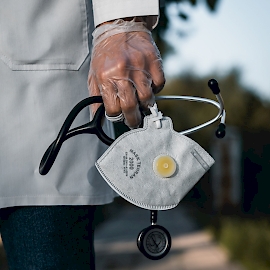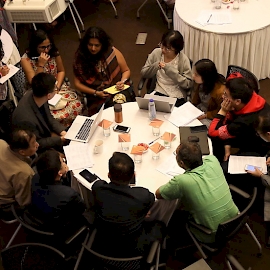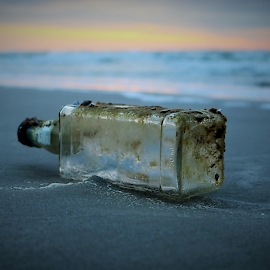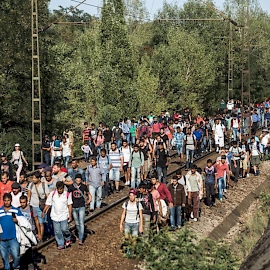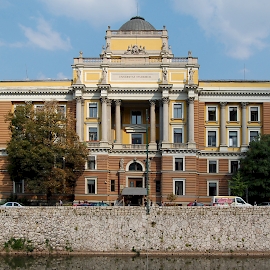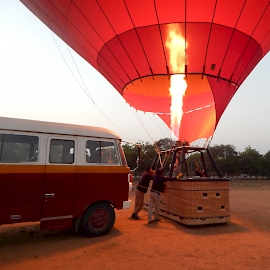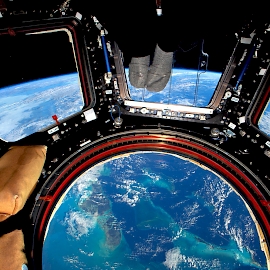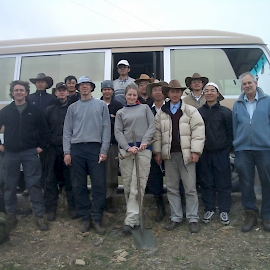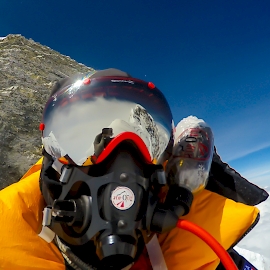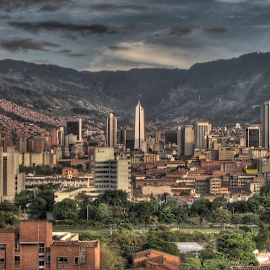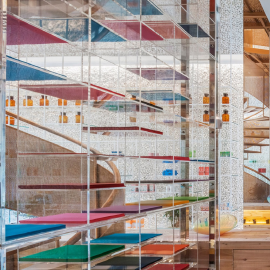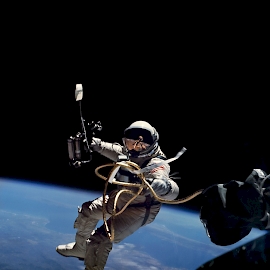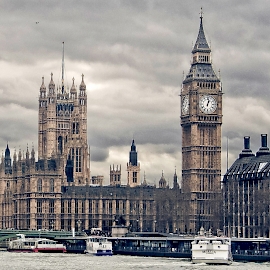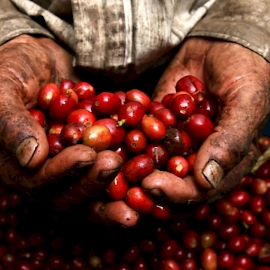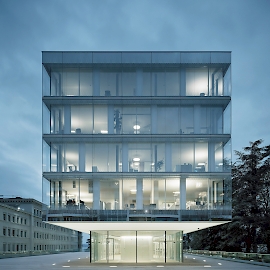What lessons can Colombia teach us about our post-COVID reopening
Countries and cities all over the world adopted unprecedented mobility restrictions to combat the pandemic: the “pico y cedúla” example
21 April 2021
Dramatic ODA cuts crush international collaborations
Sudden massive cuts to UK funding of development research threatens to decimate international collaborations and irreparably harm science
19 April 2021
Ending the time of waste
We are the last generation that can prevent irreparable damage to our planet, let's clean up, catch up and smarten up.
1 November 2019
Big data for understanding mass migration trends
Recent mobile phone-based technologies can provide new insights into the effects of large-scale migrations as they happen.
2 October 2019
Removing barriers for displaced academics
Researchers displaced due to conflict face a range of barriers when attempting to continue their professional pursuits in the country they have migrated to, removing these barriers is crucial for alleviating suffering and unleashing the potential of academics and students with unique backgrounds and perspectives.
12 September 2019
Taking back control over academic publishing
To break the monopoly of expensive paid journals, we should make use of free journals and free platforms of editorial boards evaluating preprint articles.
25 June 2019
Should we use science fiction to plan a path towards our low-carbon future?
How we can create a more ambitious, more radical (and maybe even more optimistic) view of the low-carbon future.
6 May 2019
Redefining excellence to overcome geopolitical imbalances in research
European research funding is unevenly distributed. The success of the upcoming funding programme Horizon Europe hinges on how well it manages to overcome the geopolitical differences around the continent that have created this inequality. To realize Europe's full research potential, diverse contributions and widening participation must be recognized as an integral part of research excellence.
26 February 2019
Outnumbered and Surrounded: Women Working in Male Dominated Research Fields
What challenges do women in male dominated research areas face and what can we all do to increase the presence of women and other minorities in these fields?
15 January 2019
What's next for the 'Lost Generation' of academics?
The 'lost generation' refers to mid-career researchers that, after completing many temporary positions, find themselves largely excluded from research careers. How do we address this growing issue?
29 October 2018
Towards a sustainable transport system
Transport accounts for a quarter of global carbon dioxide emissions and remains one of few sectors where emissions are still growing. A key challenge is determining the relative importance of pursuing a technological or a sociological solution: should we change transportation or the behaviour of people?
15 October 2018
Promoting women in science in Latin America and the Caribbean
If Maria Emilia is a Latin American scientist, half of her colleagues are probably also women, but her chance of being admitted to the National Academy or National Agency is much lower than for her male colleagues. What are the main challanges women in science face in Latin America and the Caribbean? And what policies would (or should) support them?
1 October 2018
Gene therapy
50 years after it was first proposed, gene therapy - the modification of DNA to treat disease - has gone from science fiction to clinical reality. However, as prices for gene therapies are released, widespread sticker-shock is raising questions about affordability and fair pricing.
20 July 2018
Nano-bionic life
Astronauts survive in space by utilizing protective and augmentative suits. Space suits can act as self-contained and self-cleaning environments, that protect and help the astronaut from the harshness of space. Scaling analogous suits down to the nanoscale allows for simple organisms to survive and even thrive in normally toxic environments. These augmented organisms are termed “bionic lifeforms” as they combine the promise of nanomaterials with life.
6 June 2018
How climate services can help the world’s poor
Livelihoods of rural populations, especially in developing countries, depend heavily on weather and climate. The use of climate information in economic activities may serve as a possible adaptation strategy to changing climate conditions. Climate services channel climate information to individuals or organisations in a way that supports decision-making. Here we summarise the potential of climate services as a contributor to the Sustainable Development Goals and present an overview on how their economic value is assessed. We suggest that climate services could constitute, especially in the most vulnerable settings, an important element of climate change adaptation strategies boosting ongoing poverty alleviation efforts.
28 March 2018
Kill the Bill
Can open access help scientific publishing move from a prestige economy to a shared scientific economy?
20 March 2018
The New EU
The new EU27 must look beyond itself and focus on relevant global challenges, which are greater than internal difficulties.
5 March 2018
European Trade and Investment
The rules no longer apply. The biggest challenge facing the new EU is the growing threat to the international economic order. From banking to free movement of people and goods to international law and trade, bilateral alliances and unilateral moves have undermined existing structures. As Brexit heats up, a new 2-part series from trade expert Eoin Gahan will explore its trade and investment prospects.
27 November 2017
